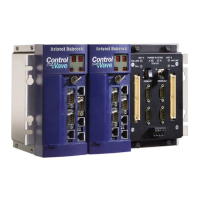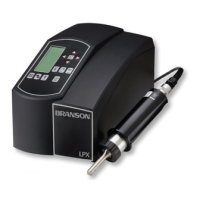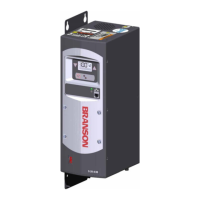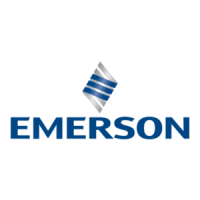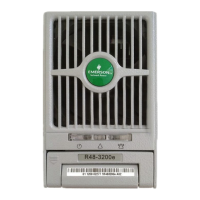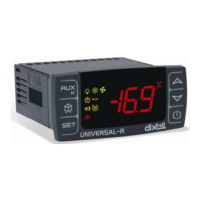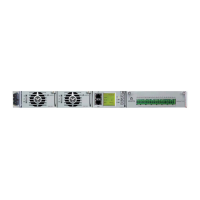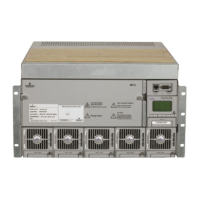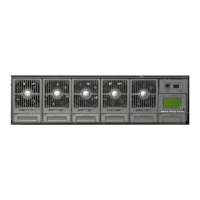Product Data Document
420DS-7e / D301312X012
June 2011 - Page 12
ControlWave ExpressPAC
Remote Automation Solutions
Website: www.EmersonProcess.com/Remote
Communication Protocols
Like all of Emerson’s Bristol products, ControlWave
supports BSAP (Bristol Standard Asynchronous
Protocol), Modbus, DFI, CIP, DNP3, and serial
ASCII as standard functions.
These protocols are implemented in Flashware so
no additional hardware is required to use any one or
a combination of all protocols.
BSAP Protocol
BSAP - BSAP is widely accepted as providing ex-
ceptional data integrity and greatly simplies com-
munication between controllers. BSAP is provided
with interfaces for Master/Slave, vertical networks,
and Client/Server, horizontal networks. In either
case, variable lists are created in each controller
that are easily passed from server to client or slave
to master.
BSAP meets the denition of an industry-standard,
open architecture protocol because if conforms to
ISO standards 2629, 1745 and 2111, it is not propri-
etary in that Emerson does not charge a license fee
and makes the protocol and documentation avail-
able to anyone.
While BSAP is an open protocol, the added func-
tionality of the messages provide much more capa-
bility than is found in other networks.
Global time-synchronization•
Time-stamped Alarm reporting•
Historical archive data transfer•
Audit le transfer•
On-line program editing•
Diagnostics•
Communication statistics•
Modbus Protocol
Modbus - Modbus is often considered a de-facto
standard protocol because of its broad usage as
either the primary or a secondary offering in many
measurement and control related products. Even
with its common use, Modbus protocol actually
has many variations. Consider Modbus RTU and
Modbus ASCII, Master & Slave, Serial and TCP/IP
Open Modbus. In addition there are considerations
regarding supported function codes, oating point
values and byte order. Bristol products support the
following:
Modbus serial and TCP/IP Open Modbus •
(Ethernet)
Master and Slave•
Modbus RTU and ASCII•
Modes 1 - 7, 8, 15 & 16•
IP modes 51, 52 & 53•
Integer and IEEE 4 byte oating point •
Generic Serial Interface
The Generic Serial Interface is a user program-
mable Master and Slave protocol used to send and
receive messages typically with third party serial
ASCII devices. This protocol can be used to inter-
face with such devices and message boards, card
readers and many measurement devices.
Multi-user Security Access
Security is an essential element of any open
system, particularly those with Internet access.
ControlWave employs a User Name/Password ac-
cess system protected by a 56-bit encryption tech-
nique through the TCP connection. There can be up
to thirty-two users, who sign-in using their name and
password. Both the name and the password can be
up to sixteen characters.
The security system provides for up to sixty-four
access rights to read and write data values and les
via FTP, access and congure historical and audit
data information, edit conguration, run internal
diagnostics, read and reset system status. It further
allows the programming software to read, write and
download the ControlWave.
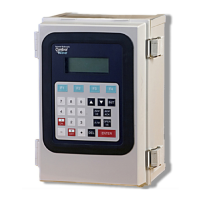
